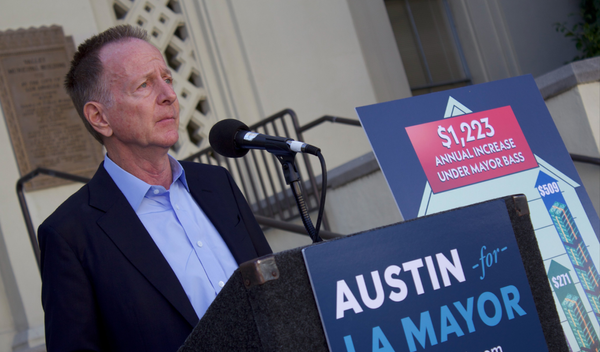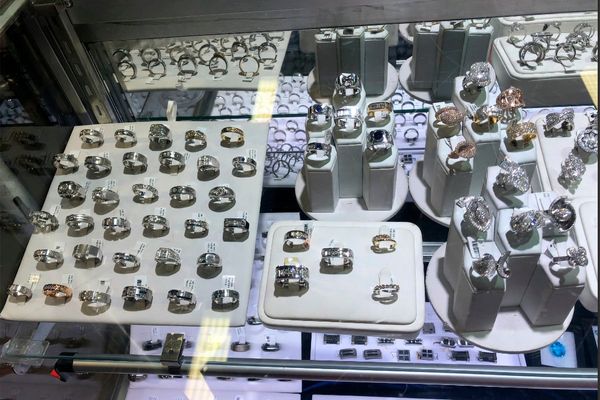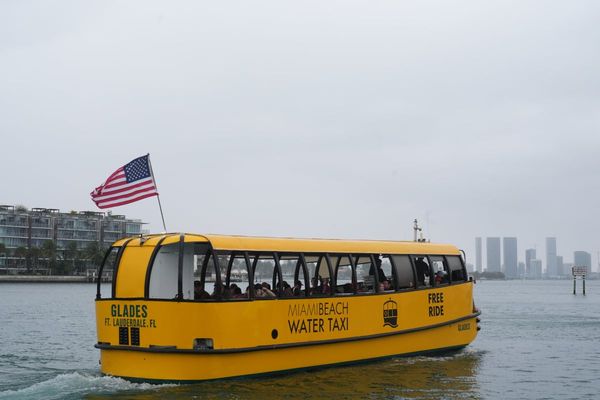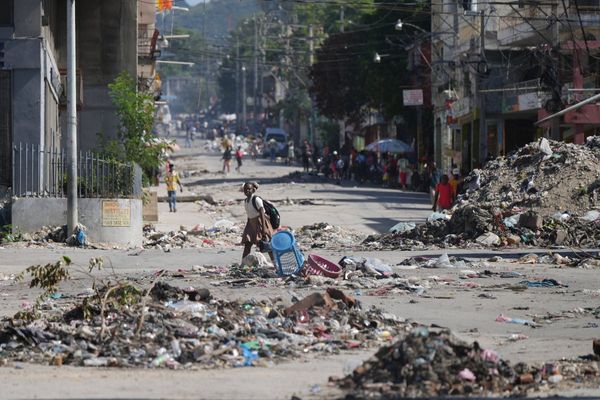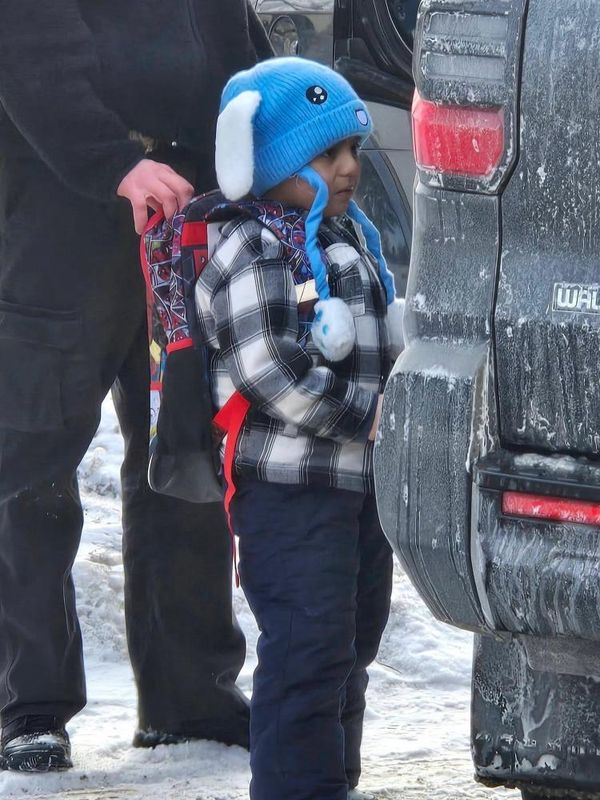No Australian athlete has run faster than Patrick Johnson. He was the fastest man in the world in 2003 when he became the first person not of African descent to run under the magical 10-second mark.
For 10 years he was an Australian Institute of Sport (AIS) scholarship athlete, but to this day nobody has sat down with the two-time Olympian to ask how he did it, operating within a system that was culturally unsafe, from where he learnt to pick and choose what was appropriate to draw the best out of himself.
While recognising the opportunity of being surrounded by great coaches and support staff, he also knew there were some things he had to do his way, such as training without shoes and disagreeing when told he would never break ten seconds if he didn't go to train in the United States.
Johnson shared his story in Brisbane this past week, home to the 2032 Olympic and Paralympic Games, which won the bid to host the mega event partly on the promise it would be a Games for the region.
The Oceania National Olympic Committee, with support from the Australian Olympic Committee, brought together key sports organisations and former athletes from the South Pacific to meet with Australian officials from government, sport and the university sector to discuss turning the regional games promise into a reality.
Johnson's story resonated with the hundreds of Pasifika delegates, who often feel they are listened to without being heard.
"Think about this," Johnson said.
"Twenty-four years old, I was at university and working for DFAT in Canberra, never dreamed of being an Olympian, I didn't know what track and field was. I didn't even know what running was."
Johnson lived on his father's boat in the Whitsunday Islands for the first 16 years of his life. No talent identification scouts ever got to those parts. If they did, they might have noticed his talents as a swimmer, rower or sailor, certainly not a runner.
"So, I rocked up to the University Games and I won it. I had two weeks of training but no experience," Johnson said.
"There's probably a lot of similarities I feel within Oceania, as well, around the talent that's hidden … growing up I never got the opportunity to dream it, see it, or believe in it."
The two-time Olympian is now a board member for the Brisbane 2032 organising committee where his greatest asset may be his skills in interpreting how the experiences of one group can be so misunderstood by the other.
Feeling listened to without being heard
With all good intent, opening up Australia's high-performance system and making world class facilities available to the region is not a quick and easy solution many imagine.
For starters, a return trip from Nauru, for example, to Brisbane costs $2,000. Then there are the difficulties of navigating a completely different cultural system, without the community-based support structures Pasifika athletes have grown up in.
There are also lengthy delays and excessive red tape for athletes and support staff trying to obtain visas to come to Australia to train and compete. A special class of visa, dubbed a 'B2032' category, is one suggestion that emerged from the conference.
New Zealand's two-time Olympic shotput champion, Dame Valerie Adams, who is of Tongan heritage was also a at the Step Up Oceania conference.
She told The Ticket her hope is that regional benefits can come from the Brisbane games, but her concerns tell her otherwise.
"It comes down to people running the show understanding Oceania," Dame Valerie said.
"What I found — I shouldn't say disturbing, but I was a little bit uncomfortable — that quite a few of the presentations were very Australian based and not really taking into account the challenges that we have in Oceania.
"Also, there was no olive branch given out while they were doing this presentation of 'this is how we can implement this in Oceania', or vice-versa."
"I believe it can be done … but we need the right people to understand our people, the culture, get the buy in, go in and see what is needed.
"The collaborations are missing the point in my opinion … I feel like it's one talking with their stuff and then the other trying to meet or come up to this level, but it's never going to happen because the gap is too wide."
The landscape is littered with those who have eagerly accepted the chance of a tertiary scholarship to pursue their sporting dreams, only to return home before graduating – not because they weren't capable, but navigating a cultural space so different to your own can be an experience ranging from challenging to dangerous.
For the Pacific, by the Pacific
Universities including Griffith and The University of Queensland (UQ) are actively involved in the Brisbane 2032 legacy discussions.
UQ has also conducted research in the Pacific, partly funded by DFAT.
"There's a few things that you should know about long—term athlete development models," Professor John Cairney, head of UQ's School of Human Movement and Nutrition Sciences, told the delegates.
"Number one is that they are evidence-informed, not evidence-based. Which means no-one has ever tested any of these models to see if they actually work."
Research into high performance sport and talent identification programs are heavily skewed to men, predominantly from the West, with an over representation from the sport of football (soccer).
"We can also question how much what we know in those countries is transferable to the Pacific," UQ Research Fellow Veronique Richard said.
"Those studies that have actually evaluated the capacity to predict have come to the conclusion that it is very poor, our capacity to predict whether or not a young athlete will make it to the top is not so good."
Fiji's success in Rugby Sevens shows how a Pacific-based solution in high performance sport can be achieved. The men's team has won back-to-back Olympic gold medals, its women's team has won Commonwealth Games silver and Olympic bronze.
But it's not without its own challenges.
Kuini Vuli is an international referee and former player. She was one of ten recipients to receive ONOC-funded scholarships where at the University of the South Pacific (USP) she researched the experience of Fiji's female rugby players for her master's degree.
"For a small Pacific Island nation, of 900,000 people, to get two gold medals [shows] we have found the formula," Vuli said.
However, she said, to 'cut and paste' the men's program and expect it to succeed as a women's program was flawed.
It failed to factor in the women's unique challenges of gender expectations, parental concerns, lack of facilities and equipment, and financial burdens.
Brisbane 2032 and beyond
Former Tongan rugby player, Julio Paunga, is deputy vice chancellor of USP.
He says the way sport is viewed in the Pacific has changed significantly, for men and women, and Brisbane 2032 provides an opportunity for much greater collaboration with Australian partners.
He believes there will be Pacific success stories coming out of the Brisbane games but, he says, the legacy must extend beyond that.
"For us … it's not only reaching the 2032 Olympics and it stops there … its also looking at the sustainability of that success so that we can move to a different level, especially in the islands," Dr Puanga said.
"One thing that is very important when you become a policy maker, to make policy you really need to know who you are making and producing policy for … I think it is very important to consult."
Oceania nations know the risks that 'legacy 2032' will be a hollowed-out exercise in short-term political spin. They have seen it before.
This time though there's a difference. A new contest off the sporting field that could shape what happens in it.
While Australia talks about what it might do for the region, China has already come knocking.
